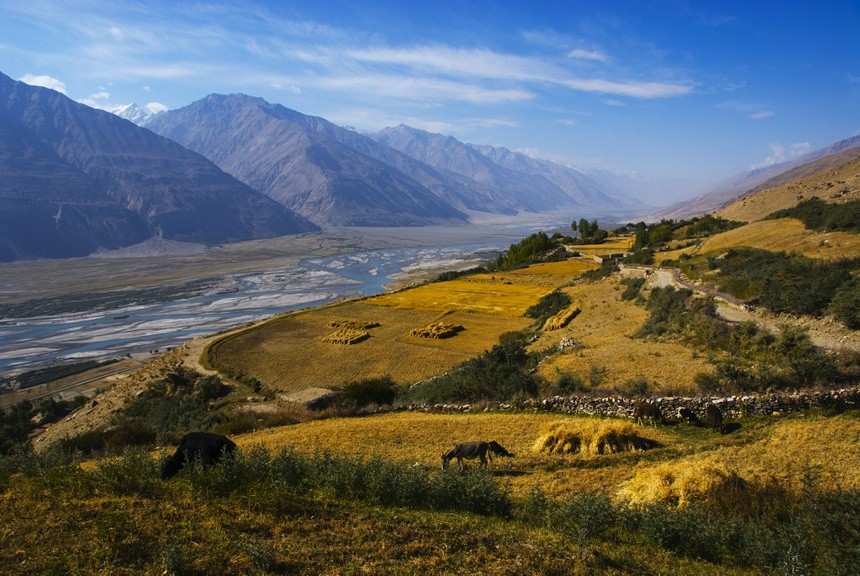Who is Mullah Hasan Akhund - Afghanistan Interim Prime Minister?
Mullah Akhund is on a UN sanctions list and is the longtime head of the Taliban’s powerful decision-making body Rehbari Shura, or leadership council. He was previously the foreign minister and then deputy prime minister during the Taliban’s last stint in power from 1996-2001.
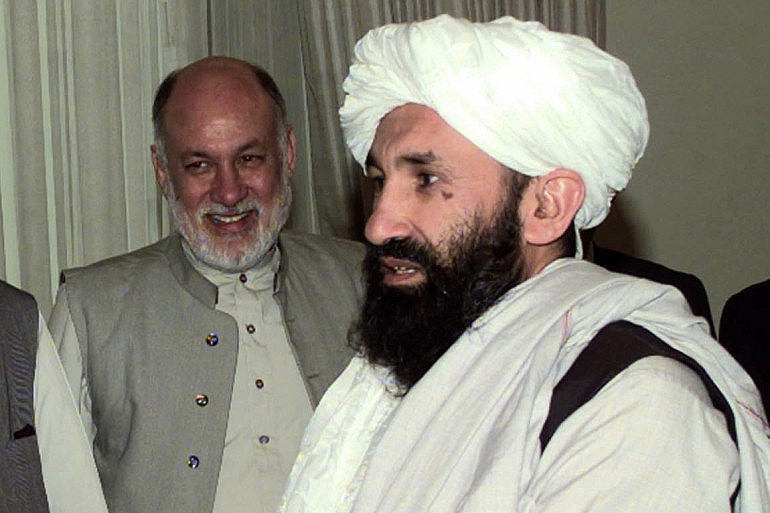 |
| Mullah Akhund played a crucial leadership and guidance role in Quetta Shura, formed after the Taliban was driven out of power in a US-led military invasion in 2001. (Photo: Reuters) |
Mohammad Hassan Akhund early life
Hassan Akhund is from southern Afghanistan. Akhund hails from Kandahar, the birthplace of the Taliban. Not much is known about his early life, but he is thought to be one of the founding members of the militant group and was a “close associate and political adviser” to the group’s late leader, Mullah Mohammad Omar, according to a UN sanctions report.
The UN has two estimates for his year of birth, being approximately 1945-1950 and approximately 1955–1958. Al-Jazeera says that Hassan Akhund's Pashtun lineage descends from Ahmad Shah Durrani, the founder of the Durrani Empire in 1747. Mullah Akhund has Pashtun lineage from Ahmad Shah Durrani – the founder of modern Afghanistan (circa the 1700s).
Like many in the Taliban leadership, Mullah Akhund derives much of his prestige from his proximity to the movement’s reclusive first leader, Mullah Mohammad Omar. He studied in various seminaries in Afghanistan. Unlike many Taliban leaders, Hassan Akhund did not participate in the Soviet-Afghan War, according to The Hindu.
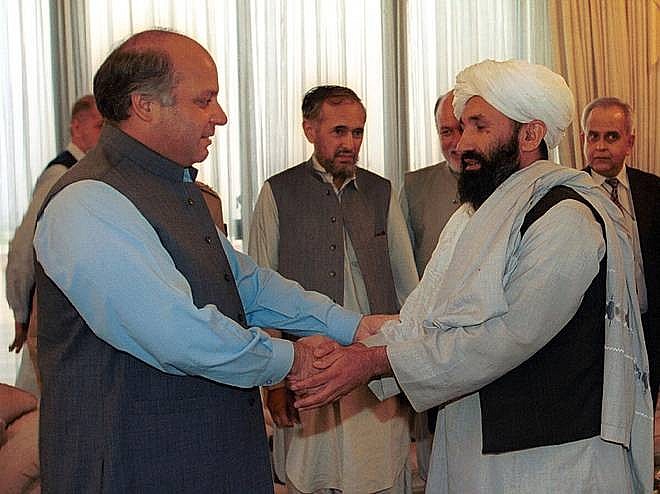 |
| Mullah Hasan Akhund (right) and Nawaz Sharif, in Islamabad. (Photo: AP) |
Mohammad Hassan Akhund's political career
Hassan Akhund is regarded as one of the oldest members of the Taliban and was a close associate of Mohammed Omar, the first leader of the movement. During the Taliban’s rule of Afghanistan in 1996-2001, Akhund held senior positions in government, including the governor of Kandahar, foreign minister, and deputy leader at various points.
Akhund held a political role in the Taliban government of the 1990s, serving as foreign minister; however, his importance lies more in the development of the group’s religious identity. He, like Mullah Omar, was schooled in a brand of strict Islamist ideology, known as Deobandism.
According to Thomas Ruttig, co-director of the research group Afghanistan Analysts Network, Akhund was one of the key contacts in Kandahar for the Taliban leadership as well as the UN. During his time as a foreign minister, he gained a reputation as a "choleric" figure.
After the Taliban was ousted from Afghanistan in 2001, Akhund remained an influential presence, operating mostly from exile in Pakistan. From there he would give spiritual and religious guidance to the Taliban throughout the 2000s and 2010s. In this role, he provided the ideological justification for the ongoing insurgency against the United States and the U.S.- backed Afghan government, according to The Hindu.
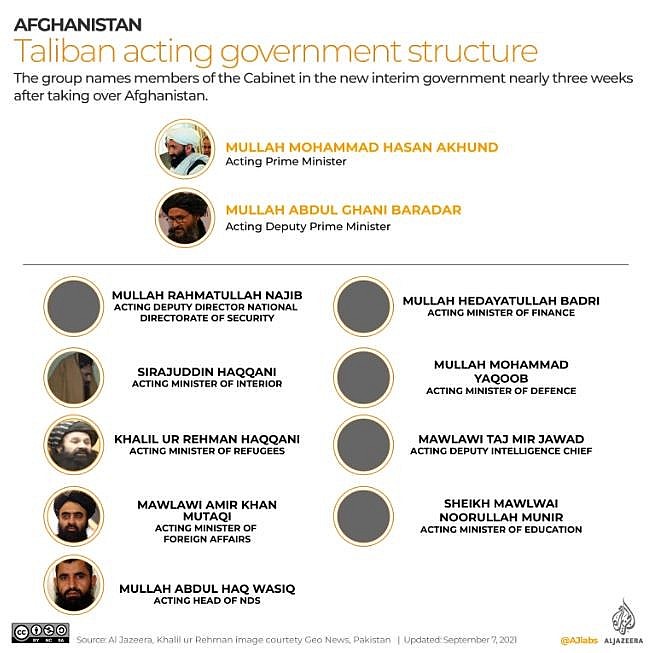 |
| Taliban acting government structure. (Photo: Al Jazeera) |
What does Akhund’s appointment mean for Afghanistan?
Following the Taliban's return to power in 2021, Hassan Akhund was appointed interim Prime Minister. His appointment was seen as a compromise between the Taliban's moderate and hardline figures. There appears to be a power struggle behind Akhund’s appointment. Mullah Abdul Ghani Baradar, who served as deputy to Omar during the early years of the Taliban before assuming the position of de facto leader after Omar’s death, had been seen by many experts on Afghanistan as a potential head of state.
But there is political tension between Baradar and the powerful Haqqani network - a family-based Islamist group that has become the Taliban’s de facto diplomatic arm in recent years and has been successful in gaining support for the group among other local groups. The Haqqanis are among the most militant factions of the Taliban. And recent conciliatory language from Baradar on issues such as women’s rights, working with the international community, and amnesty for members of the former government runs counter to the ideology of the Haqqani network.
Akhund is highly respected within the movement, especially by its supreme leader, Haibatullah Akhunzada, a Taliban source told the news agency Reuters. Some observers viewed Akhund, believed to be in his mid-60s and possibly older, as more of a political than a religious figure, with his control over the leadership council also giving him a say in military affairs.
Akhund seems to be a compromise candidate between supporters of Baradar and the Haqqani network. The delay in his appointment - the Taliban repeatedly put off making an announcement - could be an indicator of internal divisions in the Taliban. Whether this arrangement is permanent or temporary remains to be seen, but the compromise could be a testing of the waters of the Taliban — to see how effective Akhund is as a unifying figure for the group, said The Hindu.
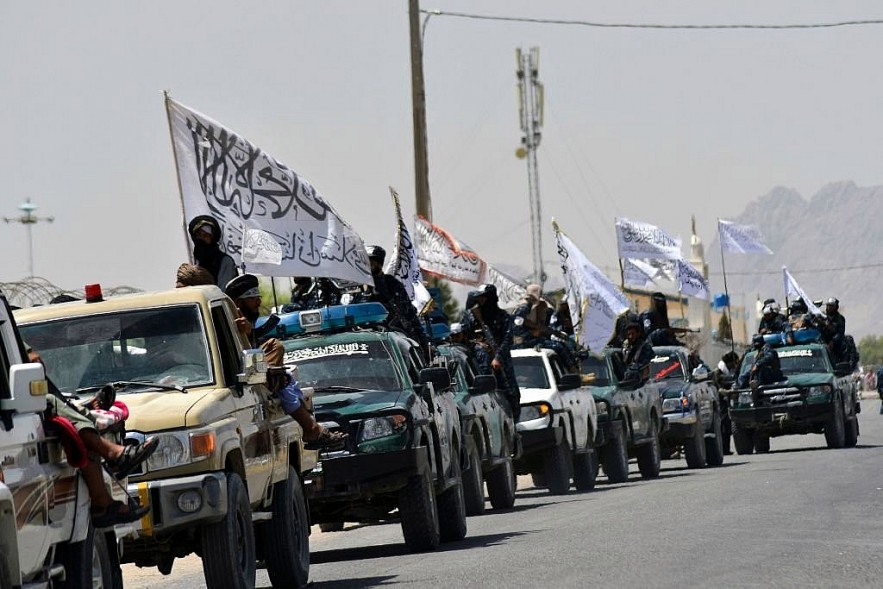 |
| Taliban fighters atop vehicles with Taliban flags parade along a road to celebrate after the US pulled all its troops out of Afghanistan, in Kandahar on Sept. 1, 2021, following the Taliban military takeover of the country. (Photo: AFP) |
How will Akhund’s government lead Afghanistan?
Of the 33 announced cabinet ministers, the majority are Pashtun. Yet Afghanistan is a diverse state—while a plurality (42%) of the population is ethnically Pashtun, 27% are Tajik and 31% are minorities including the Hazara and Uzbeks, according to Time.
The Taliban face unprecedented challenges as they assume power of a country dramatically different to the one they ruled two decades ago. “There aren’t really any viable props [to support the economy], apart from opium and methamphetamine, which the Taliban has said it’s not going to sell anymore,” Price said. “And the country was already facing drought and they haven’t got any money. “The Taliban is going to be presiding over a humanitarian crisis.”
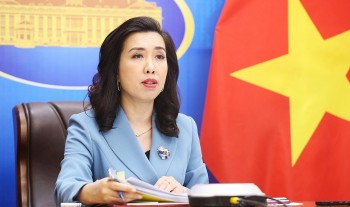 | Vietnam Condemns Terrorist Attack at Kabul Airport in Afghanistan The nation calls on concerned parties in Afghanistan to ensure the security and safety of all Afghans and foreign nationals currently in Afghanistan, including Vietnamese ... |
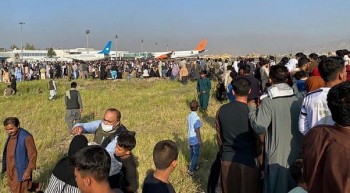 | Vietnam closely follows Afghan situation and stresses indisputable meaning of 1975 victory Deputy Spokeswoman of the Ministry of Foreign Affairs Pham Thu Hang said that Vietnam has closely followed the situation in Afghanistan and hoped Afghanistan to ... |
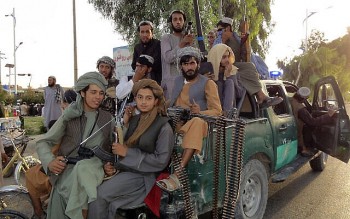 | Who is Taliban - From a Group of Students to Regime Seizing Power in Afghanistan? A look at the origin of the Taliban; how they managed to take over Afghanistan not once, but twice. |
Recommended
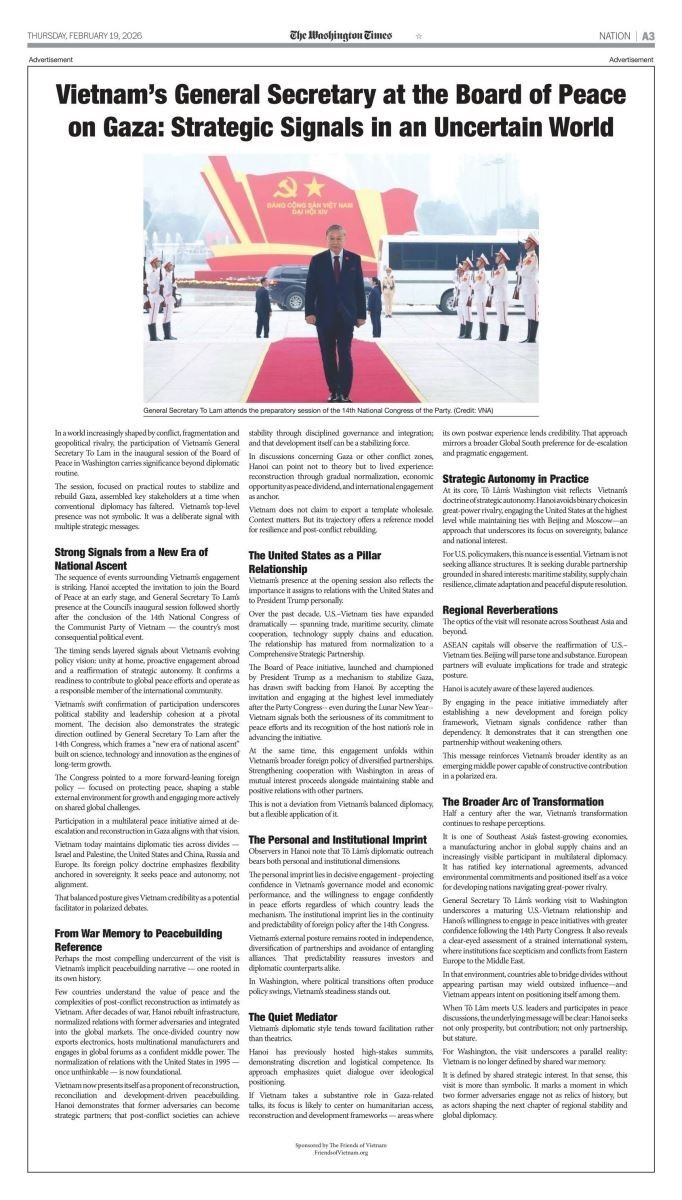 World
World
US Media Commend Vietnam’s Role in Global Peace Efforts
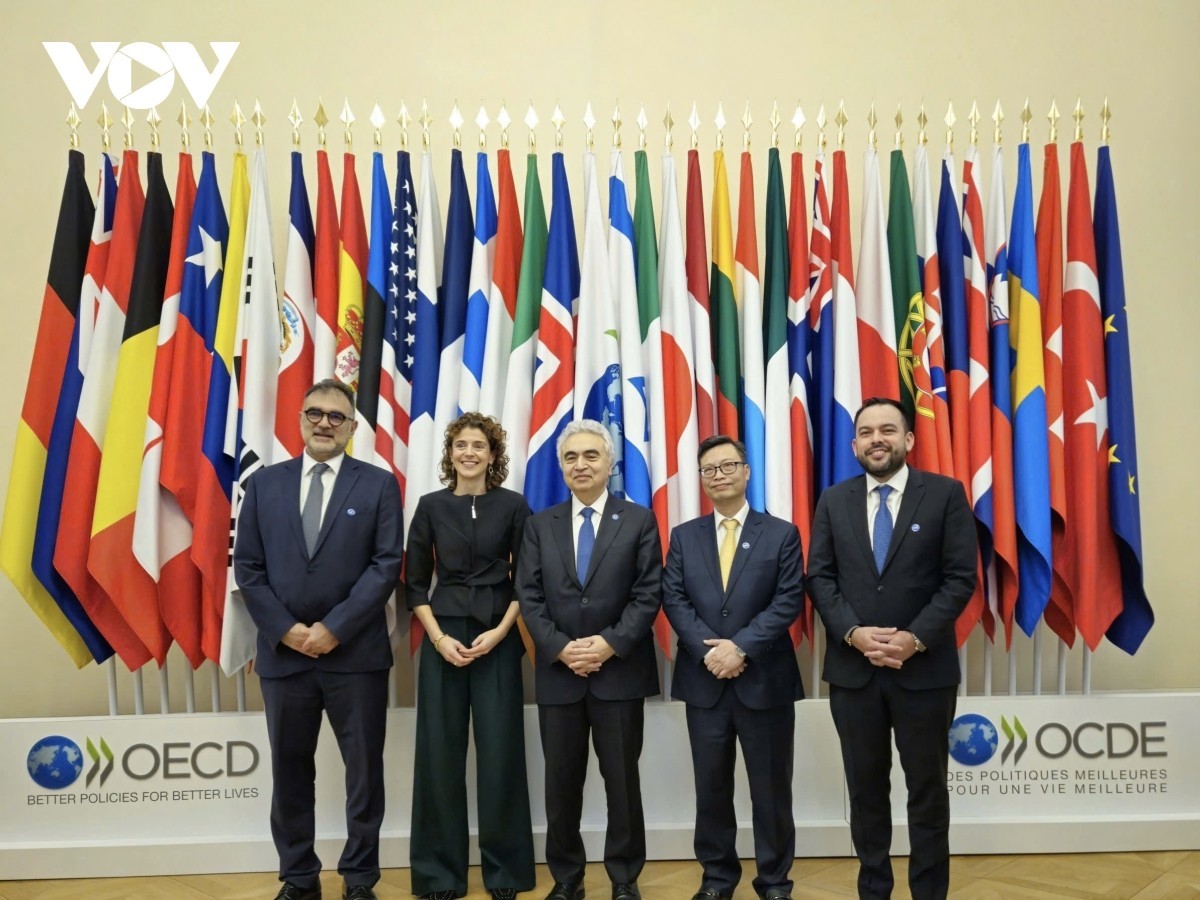 World
World
Vietnam Officially Becomes Association Country of International Energy Agency (IEA)
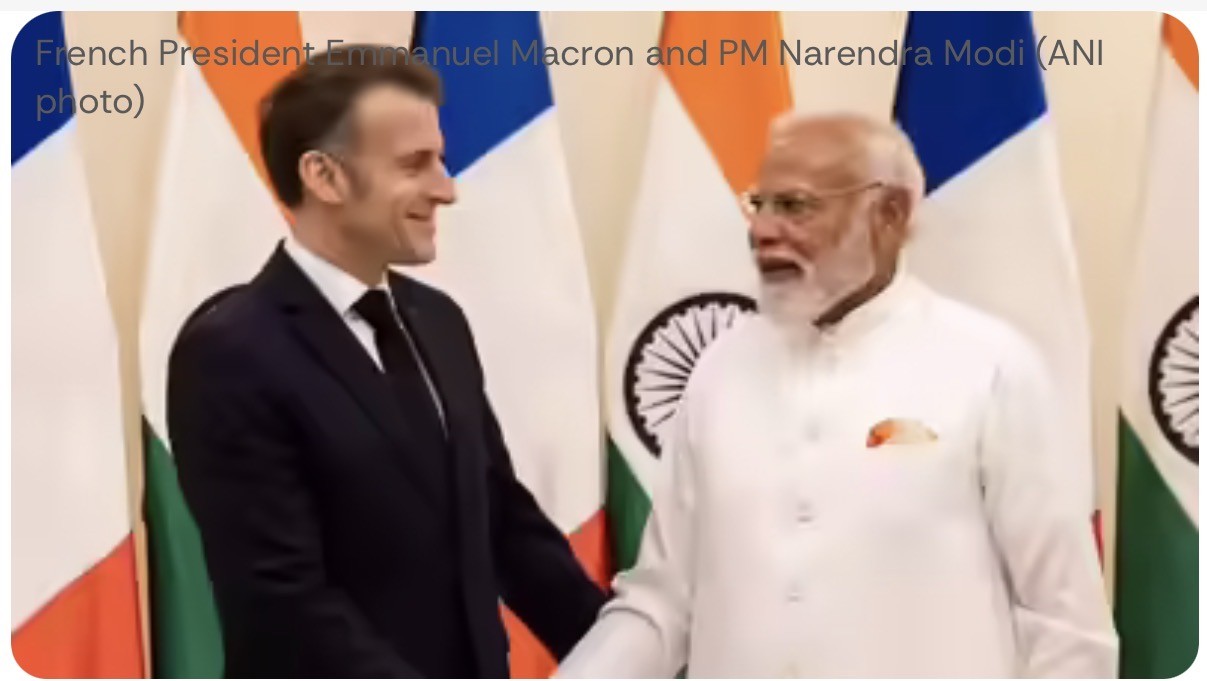 World
World
Key pacts signed as PM Modi hosts France's Macron for plane cooperation
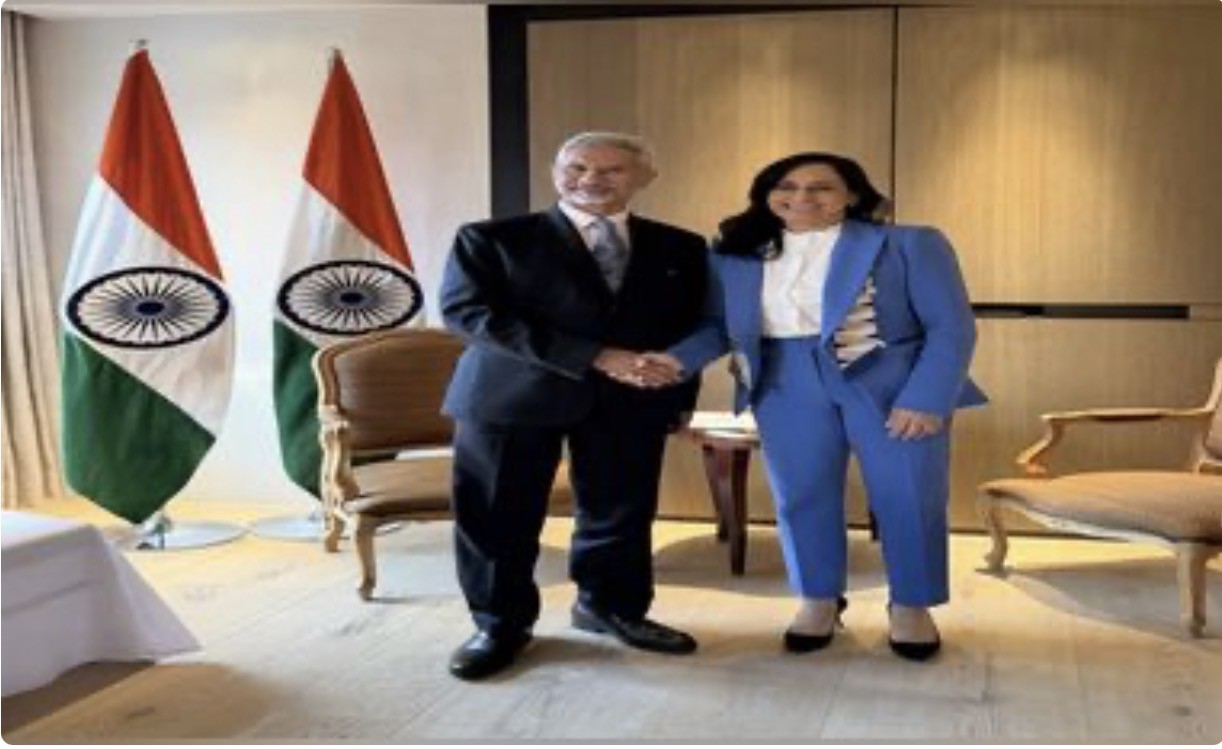 World
World
India, Canada commit to strengthening bilateral ties, discuss trade
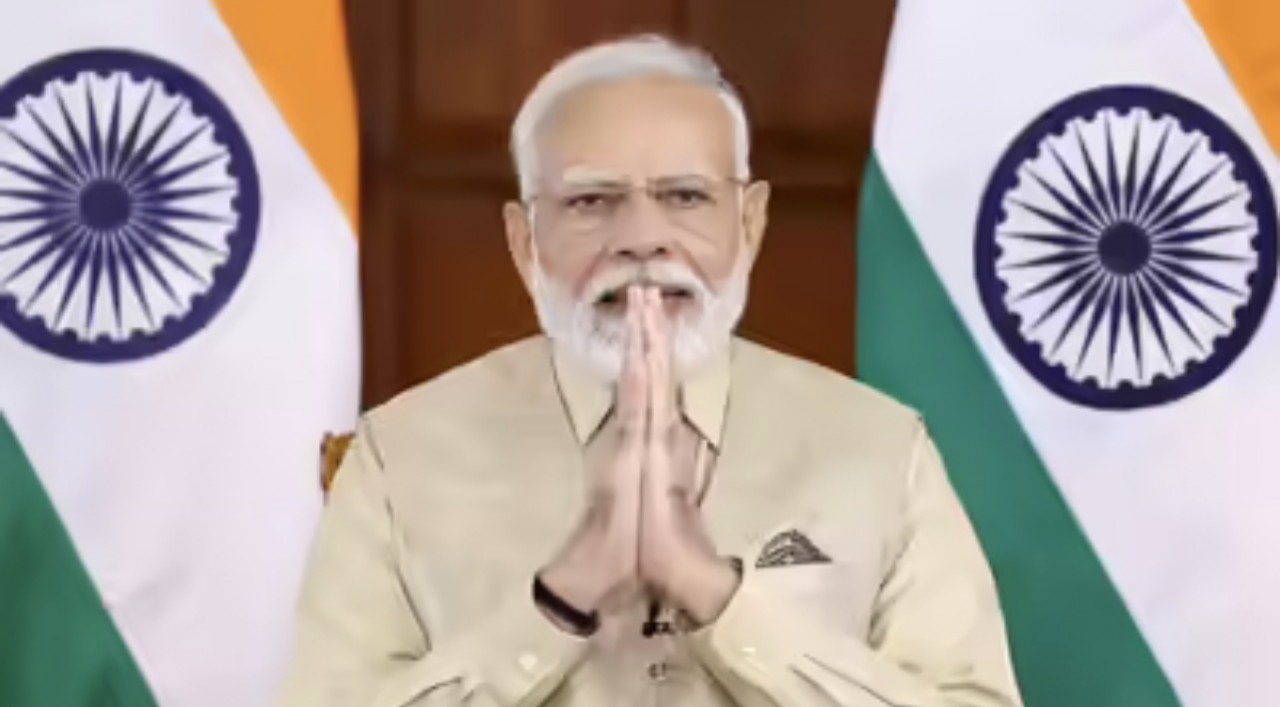 World
World
AI Summit India 2026 Live Updates: ‘Bringing the world together,’ PM Modi welcomes leaders as India hosts AI summit
 World
World
Safran ready to open India engine production in Rafale deal
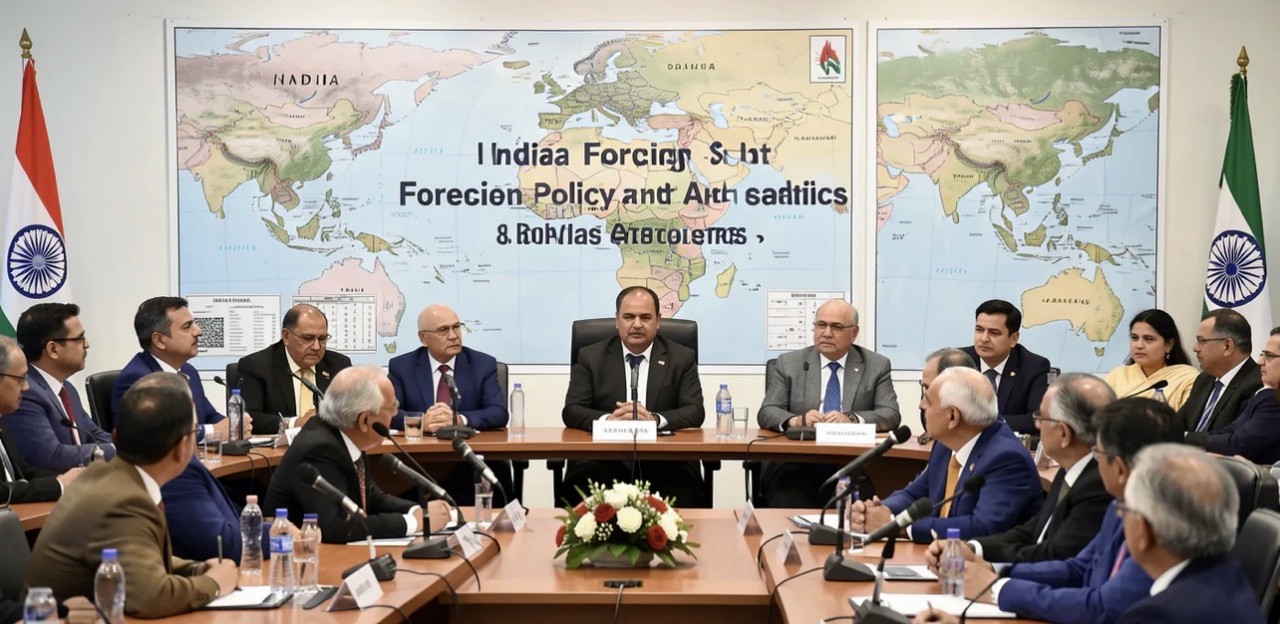 World
World
Nepal interim PM Sushila Karki thanks India for March support
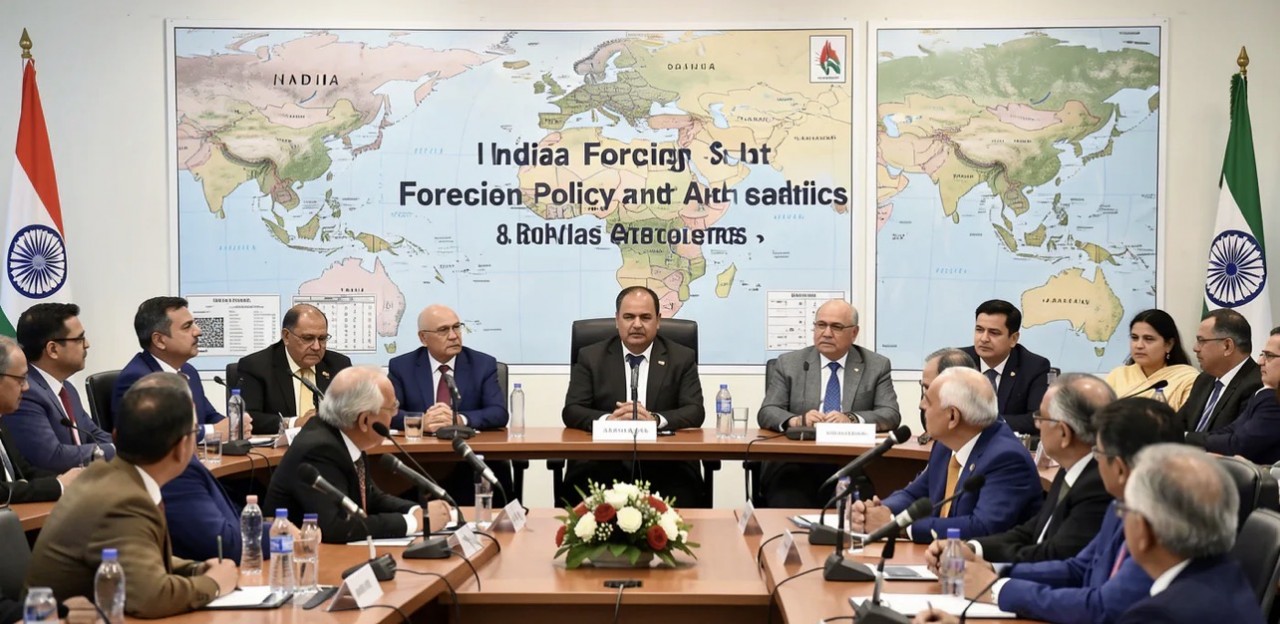 World
World

